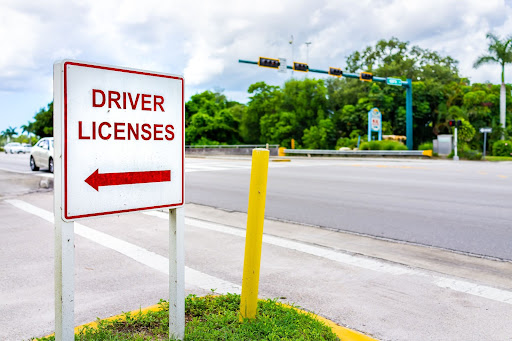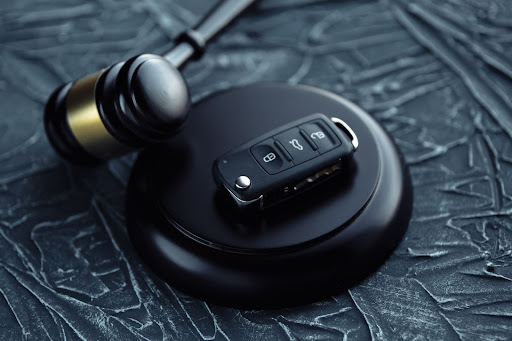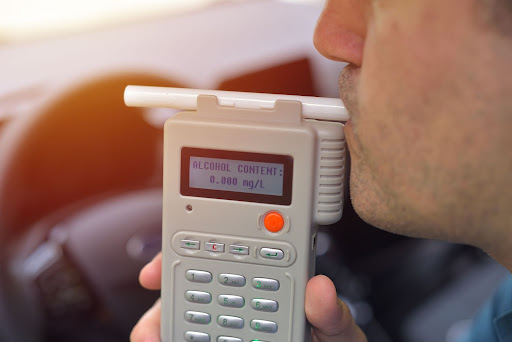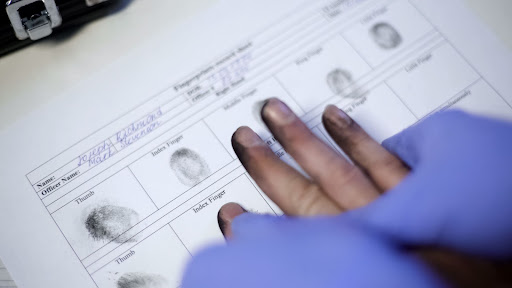When is clinical evaluation necessary for DUI?
David Katz
on
December 12, 2023
When is clinical evaluation necessary for DUI?
- Home >
- category >
- DUI defense >
When a driver is charged and convicted of driving under the influence (DUI), it can be a traumatic and life-changing experience for that person.
There are many repercussions, and drivers are often required to undergo a court-ordered clinical evaluation to address drug and alcohol issues.
The attorneys at Katz & Phillips, P.A. are among the few licensed DUI defense attorneys in Orlando, Florida. For more information, please call us at (321) 332-6864.
What’s included in a clinical evaluation for DUI
In the context of a DUI offense, a clinical evaluation allows a licensed clinical substance abuse professional to evaluate a person’s relationship with drugs and alcohol thoroughly.
Specifically, the therapist will conduct a series of tests and questionnaires that help them understand a person’s drug and alcohol consumption.
Psychosocial assessment
Clinical evaluations almost always include a psychosocial assessment of the offending driver.
Clinicians use these assessments to understand the driver’s health, psychological, and social well-being.
In some cases, DUI results from chronic issues with drug and alcohol dependence or abuse.
Thus, a psychosocial evaluation can help determine whether the driver’s actions were an isolated incident or the behavior is the result of a more significant issue with alcohol or drugs.
Risk assessment
Another test often utilized during a clinical evaluation is the Driver Risk Inventory (DRI). The DRI is a standardized, nationally recognized test to assess a driver’s risk of consuming drugs or alcohol and operating a vehicle after a DUI offense.
The DRI is administered in a 30-minute questionnaire that determines a driver’s abuse of intoxicating substances, risk of driving, truthfulness, and ability to cope with stress.
When are drivers required to undergo substance abuse evaluation?
Because DUI programs are required under Florida state law, all DUI offenders must attend a substance abuse evaluation. The evaluation primarily focuses on whether the driver exhibits signs of substance abuse to the point of addiction.
Treatment options
Once completed, the evaluation allows clinicians to provide a comprehensive view of the driver’s status with certain substances and recommend treatment.
In some cases, the treatment plan may not include anything more than the attendance of a certified DUI course.
However, in other cases, treatment recommendations may include long-term treatment for habitual substance use and addiction.
DUI substance abuse evaluations usually recommend a treatment plan for the driver, which can include the following forms of treatment:
- Regular attendance of Alcoholics Anonymous (AA) meetings
- Regular individual or group counseling sessions with a licensed therapist
- Random drug and alcohol testing
- Impatient treatment at a substance abuse facility
License reinstatement after a clinical evaluation
In some DUI cases, a court may order the revocation of a person’s license. This means that the driver convicted of DUI is no longer allowed to legally operate a motor vehicle for a certain period of time, which can be months to years.
Typically, revocation occurs when a driver is convicted of multiple DUI offenses.
A driver who has had their license revoked after multiple DUI offenses may attempt to have their license reinstated.
Reinstatement occurs when the driver successfully completes a DUI program and undergoes a psychosocial evaluation separate from the program.
If the evaluation determines the driver can safely and legally operate a motor vehicle, then the Florida Highway Safety and Motor Vehicles Department (FHSMVD) can reinstate the license after a specific time period.
Arrested for DUI? Call us.
With guidance and advocacy from the expert Orlando DUI defense attorneys with Katz & Phillips, P.A., a person undergoing clinical evaluation can ensure their rights are protected under the law. Contact us today for a consultation or call (321) 332-6864.









